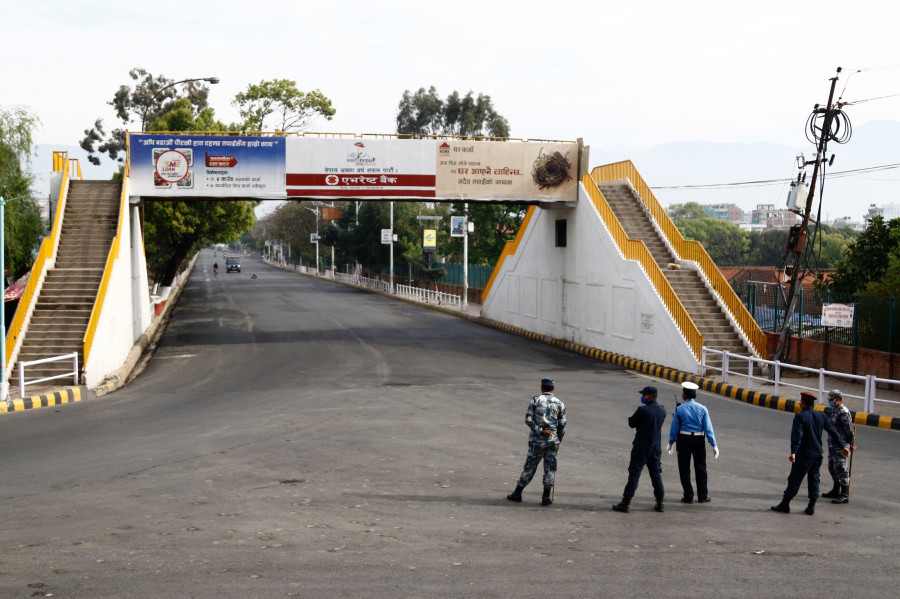Editorial
No knee-jerk reaction
The only weapon in the government’s armoury in tackling Covid-19 happens to be a strict lockdown.
With nearly two years into the pandemic, we are still battling to stamp out Covid-19. Countries have faced multiple waves, with some countries faring slightly better than others. What has become clear is that these surges will continue for some time to come. With the virus continually evolving, giving rise to various variants, some slightly worrying and deadly, the challenge that lies before us is in our ability to deal with it. Guidelines such as wearing a mask, keeping our surroundings well ventilated would have been considered hygienic even before the pandemic. Still, we have been pushed to reconsider specific standards and norms that enjoyed dominance pre-pandemic.
Strict lockdown during the first wave brought about untold economic hardships on the people, especially people who had no other recourse than to rely on a daily wage. It also brought out the best in people risking their lives to provide essentials for the needy. But in all this, the government remained largely a mute spectator. The politicians were busy squabbling amongst themselves for ministerial berths. They had no time to prioritise the worst that was yet to be seen due to the government’s lax attitude leading up to the second wave. People were literally struggling to breathe due to a shortage of oxygen.
And again, the government only stepped in to impose another lockdown, while many argue that the lockdown was necessary to protect the country’s fragile health system from a virtual collapse. The actions leading up to the second wave was nothing short of criminal negligence. The unpreparedness in propping up the hospitals was evident, which resulted in countless lives lost. Still, once again, life was palpably painful to those that survived or were struggling to survive. The only weapon in the government’s armoury in tackling Covid-19 happens to be a strict lockdown. The impact of multiple lockdowns on the economy has been devastating. And yet, the government expects the citizens to pay their taxes without fail despite such economic hardships.
There seems to be a ray of hope between all the doom and gloom. The effectiveness of the vaccines in preventing severe illness or death has played a pivotal role in reducing the number of cases and resultant deaths in Nepal. The need of the hour is to push the vaccination drive relentlessly in order to cover more ground during times of relative tranquillity rather than resorting to knee-jerk reactions, at last, the moment. Things may change again with the new variant of concern. The Omicron variant is yet to surprise the world. But the recent surges in Europe and America has everyone on their toes again. Countries are again resorting to restricting flights and quarantining people travelling from certain countries. Still, the truth is that by the time any new variant is uncovered, it would have spread to all corners of the world.
Going by past practice, the government may be inclined to opt for harsh steps in tackling the new variant, but maybe this time, we should now concentrate our efforts on a more pragmatic approach. Increased testing and the push for mass vaccination may help keep the schools open, especially for those living in rural areas with little access to mod cons to enable seamless learning. Maybe we owe a practical approach to the countless number of businesses that have borne the brunt of the last few lockdowns and yet strive to contribute to the state’s coffers. We have to find a way to live around the ongoing crisis without further burdening the most vulnerable.




 13.12°C Kathmandu
13.12°C Kathmandu














